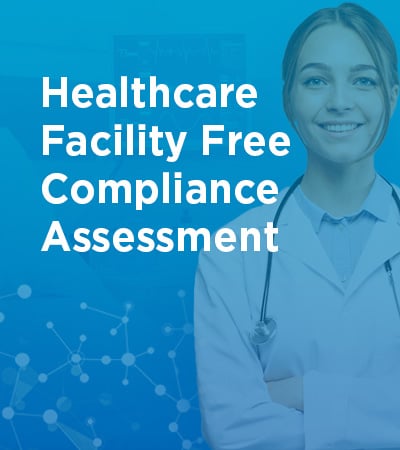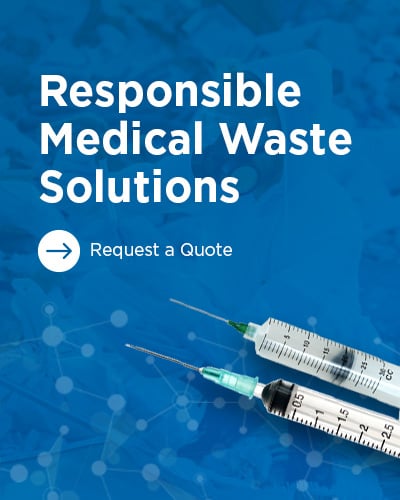
HIPAA stands for the Health Insurance Portability and Accountability Act. It is a US federal law that was enacted in 1996. The primary purpose of HIPAA is to protect patient health information confidentiality and ensure the security of electronic healthcare transactions. The Rule applies to all forms of protected health information, including electronic, paper, and oral communications.
Under HIPAA law, covered entities (CEs) are required to implement safeguards to protect the confidentiality, integrity, and availability of ePHI (electronically protected health information). Covered entities include healthcare providers, health plans, and clearinghouses.
What are HIPAA requirements for healthcare facilities?
The Health Insurance Portability and Accountability Act (HIPAA) is a US federal law that requires covered entities to maintain the privacy and security of protected health information (PHI). Covered entities include health plans, healthcare providers, and healthcare clearinghouses.
The HIPAA Security Rule requires covered entities to implement technical, physical, and administrative safeguards to protect ePHI. These safeguards must be reasonably designed to protect ePHI from unauthorized access, use, disclosure, or destruction.
The purpose of HIPAA:
All "individually identifiable health information" that a covered entity or one of its business partners holds or transmits is protected under the Privacy Rule. These details, which pertain to the person's past, present, or potential future physical or mental health or condition, might be used to identify them.
The U.S. Congress enacted the Health Insurance Portability and Accountability Act (HIPAA) in 1996. The Administrative Simplification provisions of HIPAA Law mandate the adoption of standard transactions and code sets for electronic data interchange in the healthcare industry.
These standards aim to improve the efficiency and effectiveness of the healthcare system by promoting the widespread use of electronic data interchange. The Department of Health and Human Services (HHS) issued regulations to implement the Administrative Simplification provisions in 2000.
The Standards for Privacy of Individually Identifiable Health Information, commonly known as the HIPAA Privacy Rule, established national standards to protect individuals' medical records and other personal health information.
The Privacy Rule requires covered entities - which includes most healthcare providers, health plans, and healthcare clearinghouses - to take steps to safeguard this information. The Privacy Rule is located at 45 CFR Part 160 and Subparts A and E of Part 164.
The purpose of the HIPAA Training is to ensure that all workforce members are aware of the HIPAA Privacy Rule's requirements and understand their roles in protecting the privacy of patient health information.
Who needs to receive HIPAA training?
All members of the workforce who have access to protected health information (PHI) must receive training on the requirements of the HIPAA Privacy Rule.
HIPAA Law Training must be provided when an individual joins the workforce and then regularly afterward. It should cover topics such as what PHI is, how it should be protected, and what to do if there is a breach of confidentiality.
Training includes, but is not limited to:
- Health care providers
- Health plan employees
- Health care clearinghouses
- Business associates and their employees.
- Healthcare providers that conduct certain transactions electronically
You must provide HIPAA Training to new workforce members within a reasonable period after they join the organization. You should also offer periodic training to all workforce members on privacy policies and procedures.
You will need to keep records of the training that has been provided and the dates when it was given.
What should HIPAA training cover?
The training should cover the following:
- An overview of the HIPAA Privacy Rule
- How the Rule applies to the workforce member's job responsibilities
- What to do if there is a breach of confidentiality.
The training should be tailored to the workforce member's understanding level and job responsibilities.
HIPAA Violations
Penalties for violating the HIPAA Privacy Rule can be either civil or criminal, ranging from $100 to $50,000 per violation, with a maximum of $1.5 million per year for repeat violations. In addition, violators can be subject to up to 10 years in prison.
Criminal penalties are reserved for the most severe offenses, such as theft or selling protected health information. In contrast, civil penalties are typically imposed for less serious violations. The Department of Health and Human Services Office for Civil Rights is responsible for enforcing the HIPAA Privacy Rule and investigating complaints of non-compliance.
If you have questions about the HIPAA Privacy Rule or think your privacy rights may have been violated, you can file a complaint with the Office for Civil Rights.
Staying compliance with HIPAA Law
PureWay Compliance can help your facility stay HIPAA Compliant. Our team of compliance experts can help access any gaps you may have in your current OSHA or HIPAA Compliance programs through a simple online assessment. To learn more please visit PureWays HIPAA Law page.





